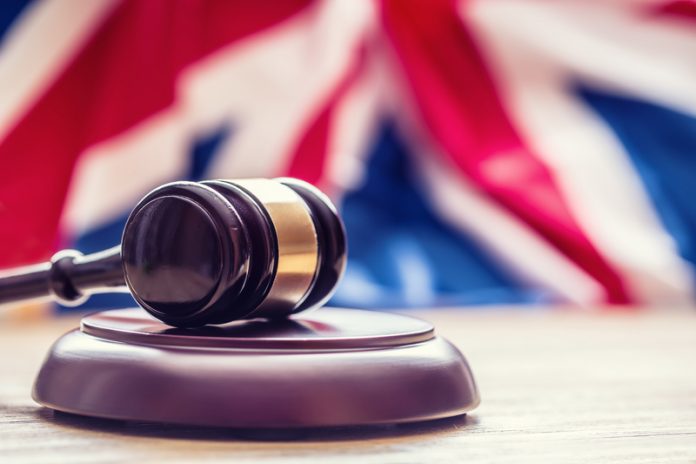The government has been told by Britain’s most senior judge that it must provide clarity about how UK law will be developed after Brexit
UK legislation is currently subject to rulings made by the EU’s highest court, the European Court of Justice.
However, Lord Neuberger has told the government that Parliament must be “very clear” in telling judges what to do about decisions of the ECJ after the UK leaves the EU.
Lord Neuberger, who is stepping down as Supreme Court president next month, said: “if the government doesn’t express clearly what the judges should do about decisions of the ECJ after Brexit, or indeed any other topic after Brexit, then the judges will simply have to do their best.”
He said that judges should not be blamed for misinterpretations if it is unclear.
However, the Prime Minister has insisted that the ECJ should have no jurisdiction over the UK after Britain leaves the EU.
When the UK leaves the EU, the ECJ will continue to develop the law on everything from consumer rights to discrimination – from things like compensation for airline passengers to transgender rights.
Brexiters, such as ex-Conservative leader Iain Duncan Smith has called the court “an illegitimate challenge to our sovereignty” and wants the authority of the ECJ expunged as soon as possible after Brexit.
Lord Neuberger has said that he was more concerned about post-Brexit rulings of the ECJ and added, “If the UK parliament says we should take into account decisions of the ECJ then we will do so.
“If it says we shouldn’t, then we won’t. Basically, we will do what the statute says.”
The Repeal Bill
The government’s Repeal Bill states that UK courts do not have to pay heed to decisions of the ECJ after the UK has left the EU – but any court “may do so if it considers appropriate.”
A government statement said: “We have been clear that as we leave the EU, the direct jurisdiction of the European Court of Justice in the UK must come to an end.
“However, we want to provide the maximum certainty so the Repeal Bill will ensure that for future cases, the UK courts continue to interpret EU-derived law using the ECJ’s case law, as it exists on the day we leave the EU.”











